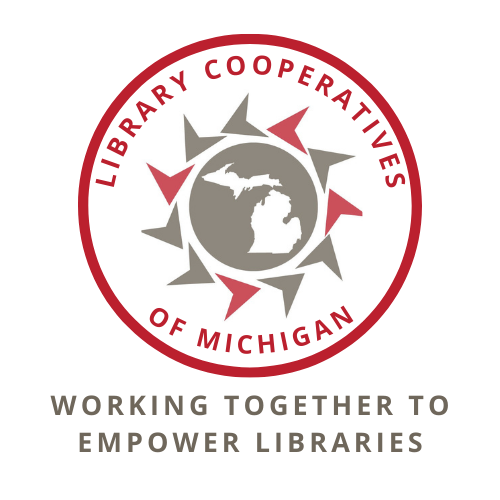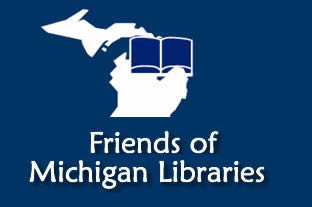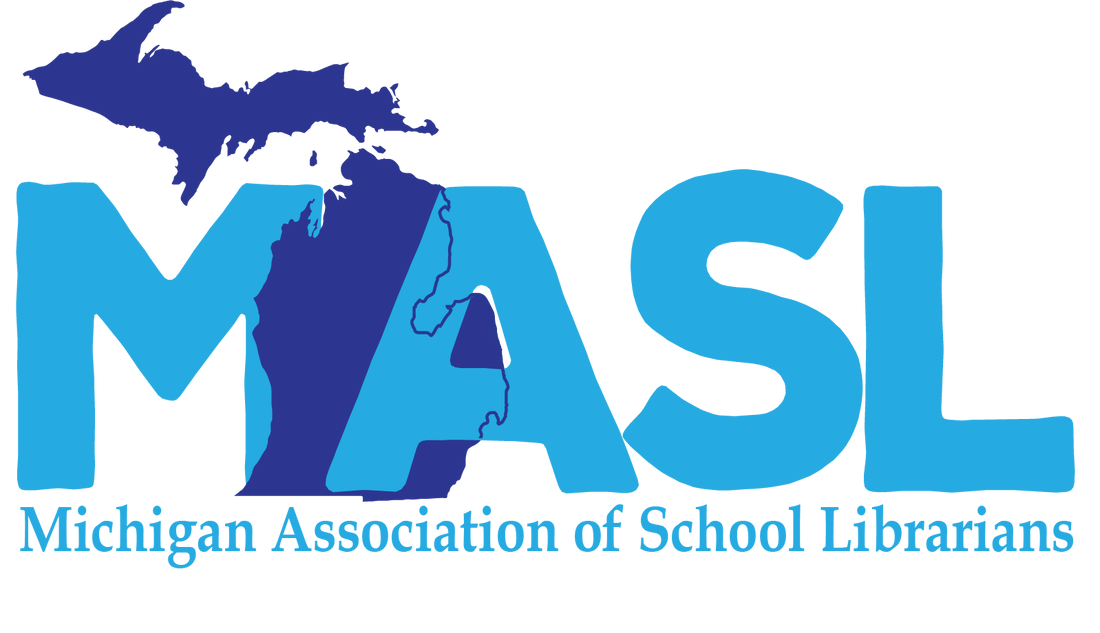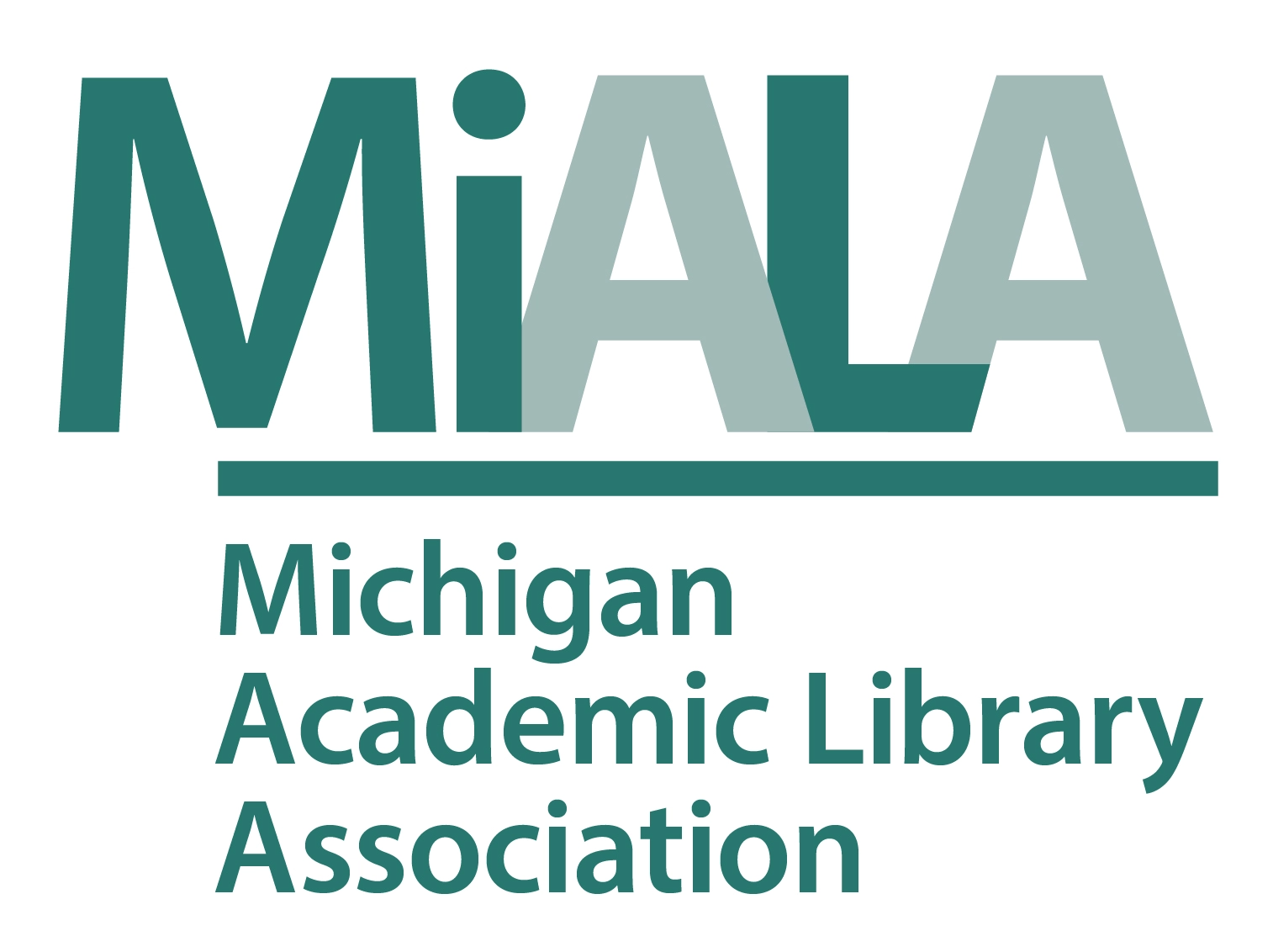| News - Advocacy |
| Thursday, September 22, 2016 12:00 AM |
MLA Advocacy - September 22, 2016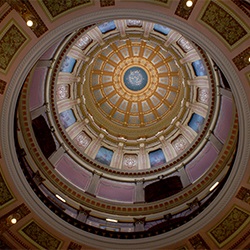
Tax Capture Legislation Headed for a HearingThe MLA initiated tax capture package SB 579 and SB 619-624 are currently in the House Tax Policy Committee. We met with the committee chair Rep. Farrington who has assured us he is considering the bills for a hearing this fall. As you may recall, these bills provide the opportunity for libraries to have the option of participating in tax captures. They require the tax captures to be transparent in their activities, explain their value to library boards and then request an opt-in from libraries. This new legislation would allow libraries to determine if tax capture is right for their patrons. As soon as the bills pass out of committee, we will ask you to contact your representative and request support for the package. How to Engage Your Elected Officials and Advocate for Your LibraryMLA regularly encourages you to meet your legislators and invite them to your library. The local librarian should be a trusted resource for elected officials just as they are for the community. At this year’s annual conference in Lansing on Thursday, October 27 from 1:45 to 2:45, a special advocacy panel with John Chrastka, EveryLibrary; Gary Owen, GCSI; Lance Werner, Kent District Library and Mary Rzepczynski Delta Township District Library will talk about the many ways to reach out to policy makers and advocate for your library and all libraries. There is no one perfect way to make sure you connect with officials. Each situation is unique. You’ll hear about methods and campaigns and take away some approaches that will work for you and your individual personality. Also, don’t miss the Advocacy update with GCSI lobbyists on Wednesday, October 26 from 1:30 to 2:30. Dark Stores Legislation Moves to Senate Finance CommitteeHB 5578 sponsored by Sen. Dave Maturen (R-Portage) would impact highest and best use and restrictive covenants, two of the most controversial and potentially harmful features in the tax tribunal's practice of lowering assessments for big box stores and utilities across the state. The Michigan Tax Tribunal continues to reduce tax obligations allowing thriving big box stores to be taxed at the same rate as closed-down, abandoned stores. Some libraries have been forced to pay back thousands of dollars in tax revenue causing extensive hardship for a number of libraries. Northern Michigan University students produced a documentary on the issue. It can be viewed at http://wnmuvideo.nmu.edu/video/2365831820 The bill is now in Senate Finance Committee. Libraries are Entitled to 100% Reimbursement of Millages Lost to the Personal Property Tax (PPT) RepealAccording to the Michigan Department of Treasury, there is enough funding in the Local Community Stabilization Authority to reimburse all millages at 100 percent including libraries. The state of Michigan is reimbursing municipalities and if the city, township or other municipality is your taxing authority, they are required to automatically reimburse the library. District libraries will be reimbursed directly. We are finding that a number of municipalities do not understand that libraries should be included in these efforts. In fact, some are under the impression that only essential services can be reimbursed. If your local governing authority staff are unaware, encourage them to contact the Michigan Department of Treasury. Librarians and MLA worked hard to get libraries included in the PPT reimbursement two years ago. Libraries are specified in PA 86 of 2014. It was part of a 10-bill package that provided for reimbursement to those entities being harmed by the elimination of the PPT. Senate Bill 821 took effect when proposal 14-1 State Use Tax – Ballot Issue passed in August of 2014. Federal Overtime Rule Takes Effect December 1Reminder that the federal overtime rule changes the minimum salary for exempt employees effective December 1. It will extend overtime eligibility to more than 4 million additional workers within the first year of implementation. It significantly increases the minimum salary level for “white collar” employees to qualify as exempt from overtime pay requirements. Under the new rule, no employee who has a guaranteed salary of less than $47,476 will qualify as exempt under the executive, administrative or professional exemptions. The rule will not affect hourly or other non-exempt workers, who already are eligible for overtime pay. Provisions of the Final RuleThe Final Rule focuses primarily on updating the salary and compensation levels needed for Executive, Administrative and Professional workers to be exempt. Specifically, the Final Rule:
Additionally, the Final Rule amends the salary basis test to allow employers to use nondiscretionary bonuses and incentive payments (including commissions) to satisfy up to 10 percent of the new standard salary level. Future automatic updates to those thresholds will occur every three years, beginning on January 1, 2020. |


